
Copyright POD - Copyright Inquiry Assistant
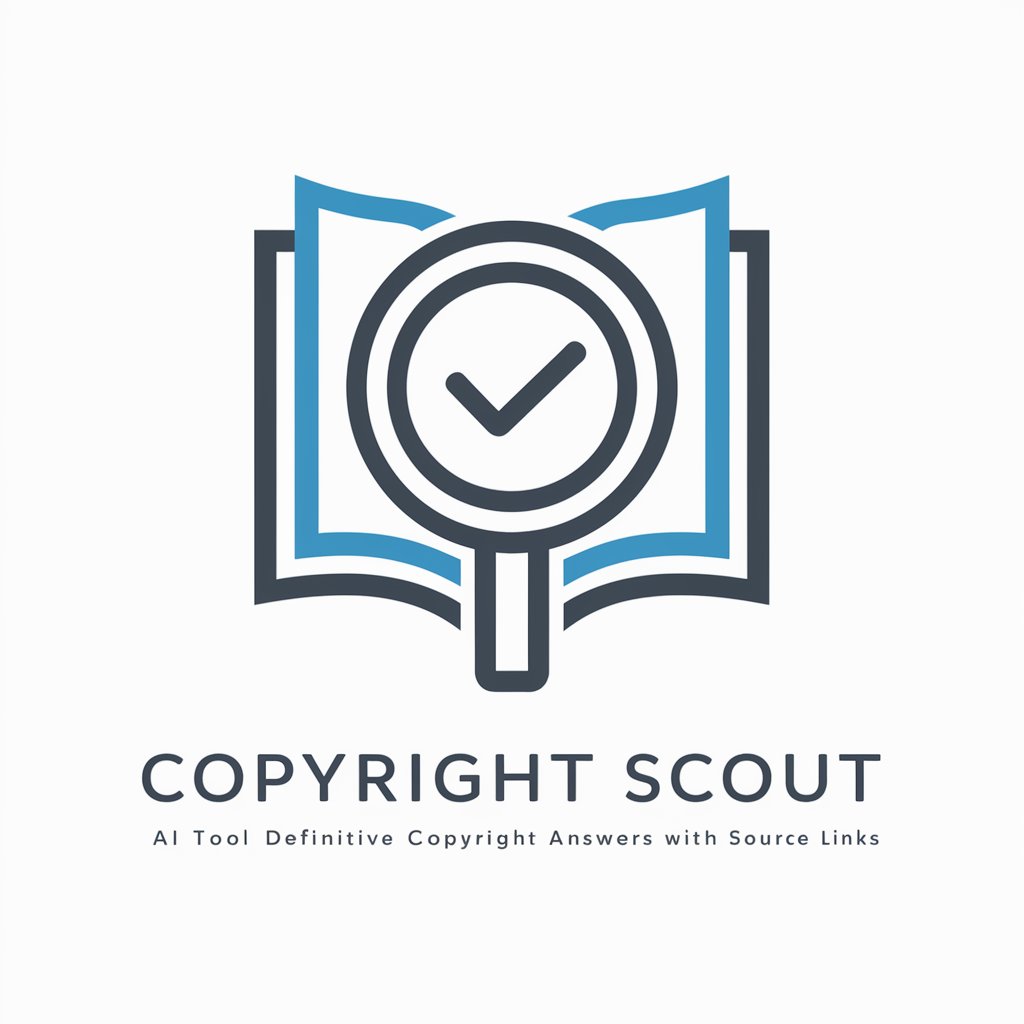
Welcome to Copyright Scout, your trusted source for copyright clarity.
Deciphering Copyrights with AI Precision
Is it legal to use images from the Internet for commercial purposes if...
Can I use a copyrighted song in my YouTube video if...
What are the rules for using excerpts from books in my blog posts if...
Do I need permission to reproduce artwork for my educational project if...
Get Embed Code
Overview of Copyright POD
Copyright POD is a specialized AI tool designed to provide clear, accurate, and detailed responses to copyright-related inquiries. Its primary role is to assist users in determining the copyright status of various works and to offer guidance on copyright law. Unlike general-purpose AI, it focuses specifically on copyright issues, providing definitive 'yes' or no' answers, backed by source links for validation. A key aspect of Copyright POD is its ability to search through multiple databases and legal resources to ascertain the copyright status of a work. For example, if a user inquires about the copyright status of a 1920s jazz song, Copyright POD would analyze the song's publication date, author's life dates, and relevant copyright laws to determine if the song is in the public domain or still under copyright protection. Powered by ChatGPT-4o。

Core Functions of Copyright POD
Determining Copyright Status
Example
Assessing whether a literary work from the 19th century is in the public domain.
Scenario
A publisher wishes to reprint a novel from 1895 and needs to know if they are required to pay royalties.
Clarifying Copyright Law
Example
Explaining the concept of 'fair use' in different jurisdictions.
Scenario
An educator plans to use excerpts from a recent novel in a classroom setting and needs to understand if this falls under fair use.
Providing Source Links
Example
Linking to specific legal documents or official copyright databases for verification.
Scenario
A filmmaker uses a piece of music and wants to verify its copyright status through official sources.
Target User Groups for Copyright POD
Content Creators
This group includes authors, musicians, filmmakers, and digital artists who need to navigate copyright laws to protect their own works or to ensure they are not infringing on others' copyrights.
Educators and Researchers
They often require clarity on copyright laws to determine what materials can be used for educational purposes, especially under the 'fair use' doctrine.
Legal Professionals
Lawyers and paralegals specializing in intellectual property law can use Copyright POD as a quick reference tool for case research and client advisement.
Publishers and Media Companies
These organizations often deal with a vast array of content and require swift and accurate copyright assessments to avoid legal pitfalls.

Using Copyright POD: A Guide
1
Visit yeschat.ai for a free trial without login, and no need for ChatGPT Plus.
2
Enter your copyright-related query directly into the chat interface. Be as specific as possible to ensure accurate results.
3
Review the 'yes' or 'no' response from Copyright POD, along with any source links provided for further information.
4
If the result is unclear, explore the provided sources for additional context or submit further details to refine your query.
5
Utilize the tool for various scenarios like academic research, content creation, or legal inquiries for a comprehensive understanding of copyright status.
Try other advanced and practical GPTs
Article Druid - Opinion Stories
Craft Your Opinions with AI Precision

الشيف الهندي
Master Indian cooking with AI-powered guidance.

Accountant Trophy Designer
Celebrating Accountancy with AI-Crafted Trophies
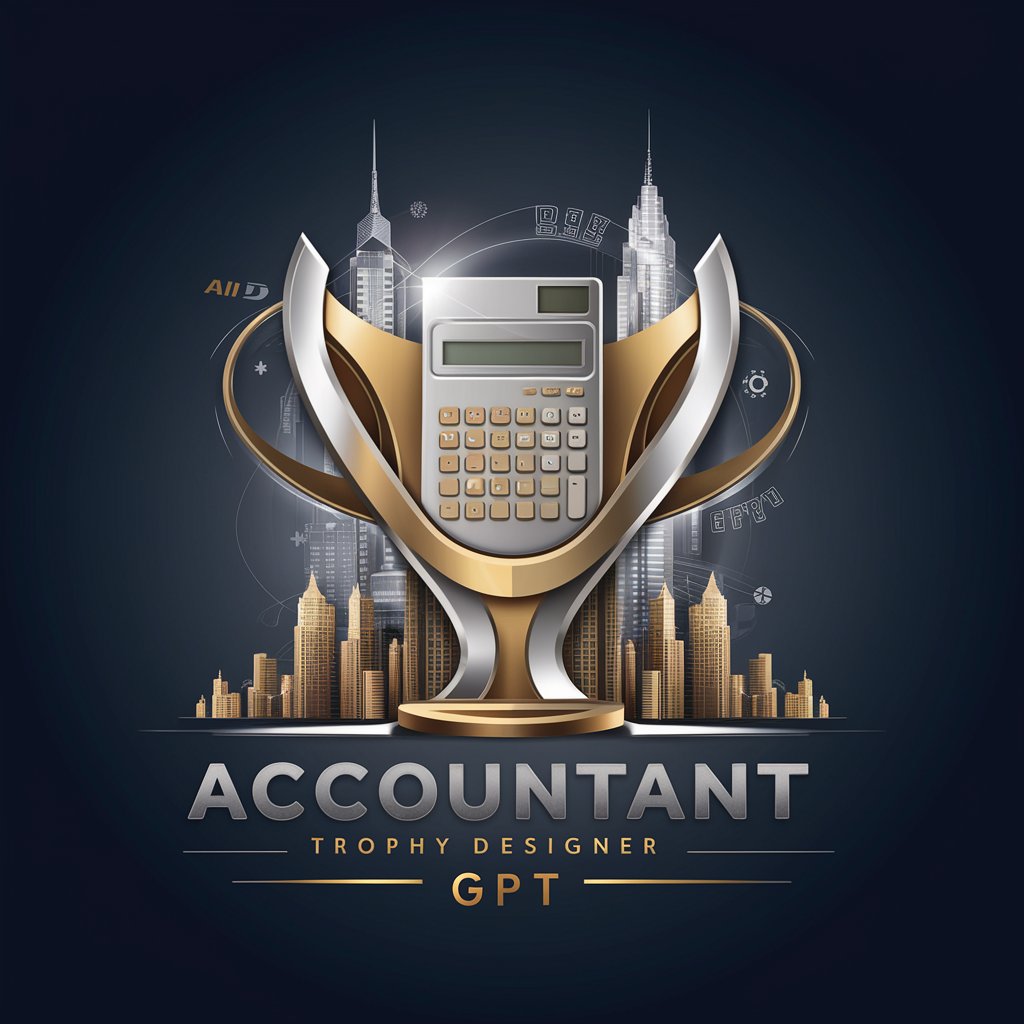
营养协调师
Empowering Your Health with AI

高中学习
AI-powered Gaokao Success Partner
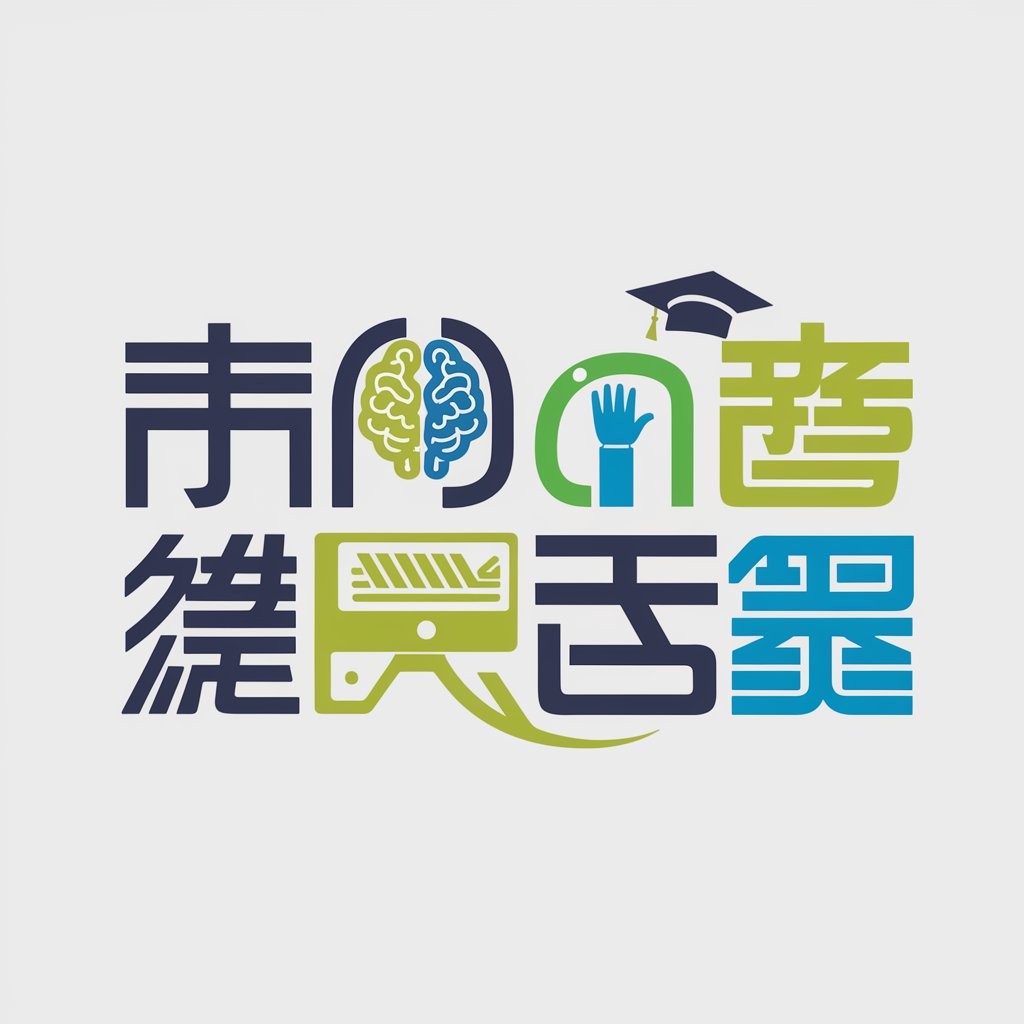
ESL Беларусь SpeakWise 2.1 - Practise English!
Master English with AI Feedback
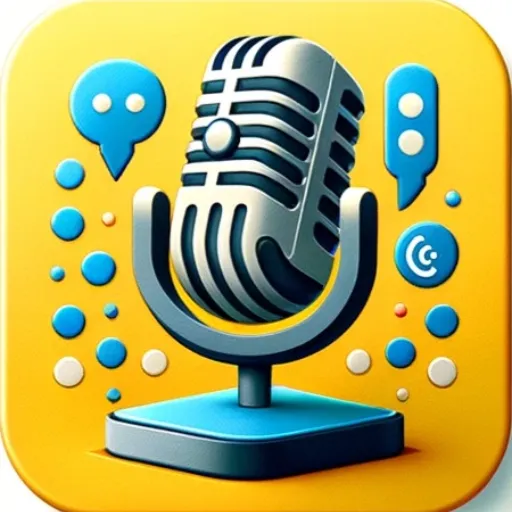
Vesh | वेश
Transforming images into digital avatars with AI.
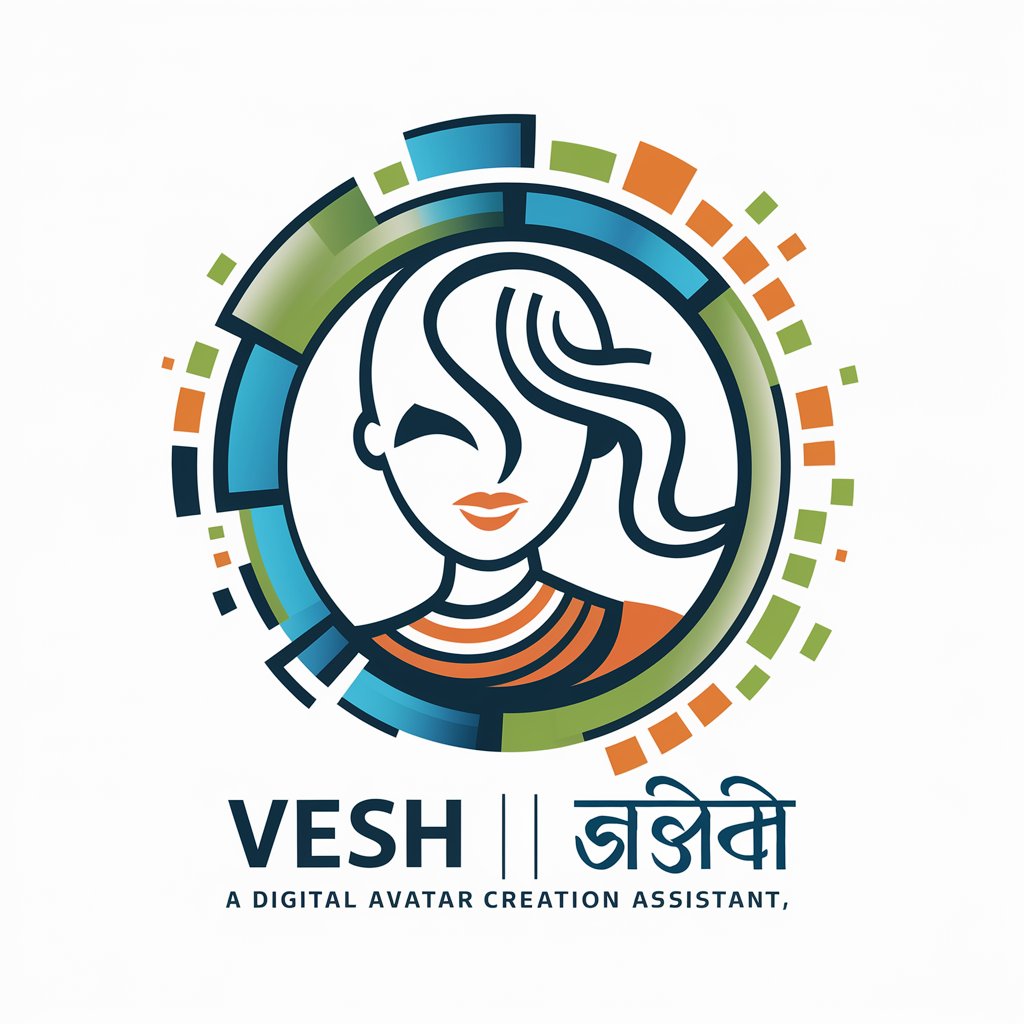
مشاكل في التنفس عند الأطفال
Empowering care with AI-driven respiratory insights

Youtube動画台本つくれーる
Scripting Your Vision with AI Precision
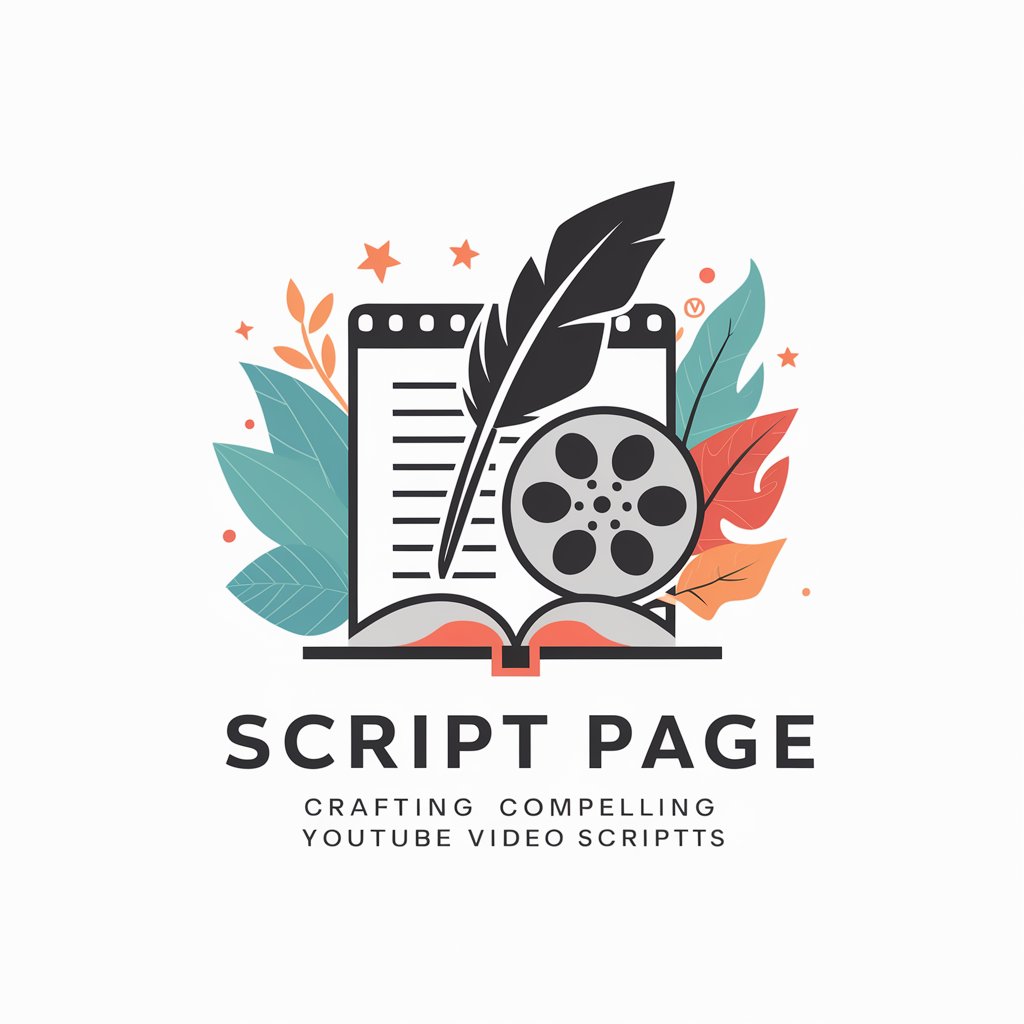
VGO
Unlock Your Gaming Potential with AI

心から寄り添うペット葬儀のアドバイザー
Compassionate AI for Pet Loss Grief
Stratege
Master games with AI-driven strategy.

Frequently Asked Questions about Copyright POD
Can Copyright POD help determine the copyright status of an image from the 1920s?
Yes, Copyright POD can analyze the image's date and relevant laws to provide a definitive answer on its copyright status.
Is Copyright POD capable of handling queries about international copyright laws?
Yes, it includes a database of international copyright laws and can provide answers tailored to specific countries or regions.
How does Copyright POD handle ambiguous or unclear copyright cases?
In such cases, it provides a 'no' response due to insufficient information but includes sources checked, allowing for user review or additional context provision.
Can Copyright POD assist in determining the copyright status of a recently published novel?
Yes, it can analyze publication date, authorship, and relevant laws to ascertain the novel's current copyright status.
Does Copyright POD offer advice on how to obtain copyright permissions?
While it doesn't directly facilitate permissions, it provides information on copyright status, which can guide users on whether permission is needed and potential sources to contact.